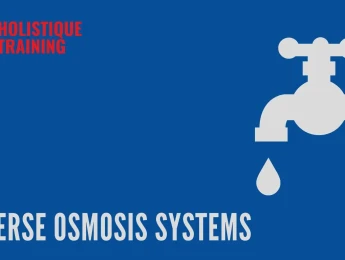This advanced course offers an in-depth exploration of cancer survival analysis, focusing on statistical methods and practical applications for analysing cancer patient survival data. Participants will gain comprehensive knowledge of survival analysis techniques, learn to manage and analyse complex datasets and apply their findings to improve cancer research and patient outcomes. The course integrates theoretical instruction with hands-on practice, preparing participants to conduct high-quality survival analysis in cancer research.
Upon completion of this course, participants will be able to:
- Understand the fundamental concepts and statistical methods in cancer survival analysis.
- Develop skills in data management and preparation for survival analysis.
- Learn to apply advanced survival analysis techniques using statistical software.
- Interpret and communicate survival analysis results effectively.
- Apply survival analysis methods to real-world cancer research.
This course is intended for:
- Cancer researchers and epidemiologists
- Public health professionals
- Medical researchers specialising in oncology
- Data analysts in health sciences
- Graduate students in public health and epidemiology
The course employs a blend of instructional methods, including:
- Interactive lectures
- Hands-on data analysis sessions
- Group discussions and case studies
- Expert-led Q&A sessions
- Comprehensive course materials and resources
Day 5 of each course is reserved for a Q&A session, which may occur off-site. For 10-day courses, this also applies to day 10
Section 1: Introduction to Cancer Survival Analysis
- Overview of cancer epidemiology and survival studies
- Key concepts in survival analysis: survival time, censoring, and survival functions
- Introduction to statistical software for survival analysis
Section 2: Data Management for Survival Analysis
- Preparing and cleaning cancer survival data
- Handling missing data and censoring
- Creating and managing datasets for survival analysis
Section 3: Advanced Survival Analysis Techniques
- Kaplan-Meier survival curves and life tables
- Cox proportional hazard models
- Parametric survival models and competing risks
Section 4: Interpretation and Communication of Results
- Interpreting survival analysis outputs
- Visualising survival data and results
- Effective communication of findings to diverse audiences
Section 5: Practical Applications and Case Studies
- Hands-on survival analysis with real-world cancer datasets
- Developing research questions and analysis plans
- Case studies and collaborative problem-solving
- Course review and expert Q&A
Upon successful completion of this training course, delegates will be awarded a Holistique Training Certificate of Completion. For those who attend and complete the online training course, a Holistique Training e-Certificate will be provided.
Holistique Training Certificates are accredited by the British Assessment Council (BAC) and The CPD Certification Service (CPD), and are certified under ISO 9001, ISO 21001, and ISO 29993 standards.
CPD credits for this course are granted by our Certificates and will be reflected on the Holistique Training Certificate of Completion. In accordance with the standards of The CPD Certification Service, one CPD credit is awarded per hour of course attendance. A maximum of 50 CPD credits can be claimed for any single course we currently offer.
- Course Code IND5 - 150
- Course Format Classroom, Online,
- Duration 5 days












